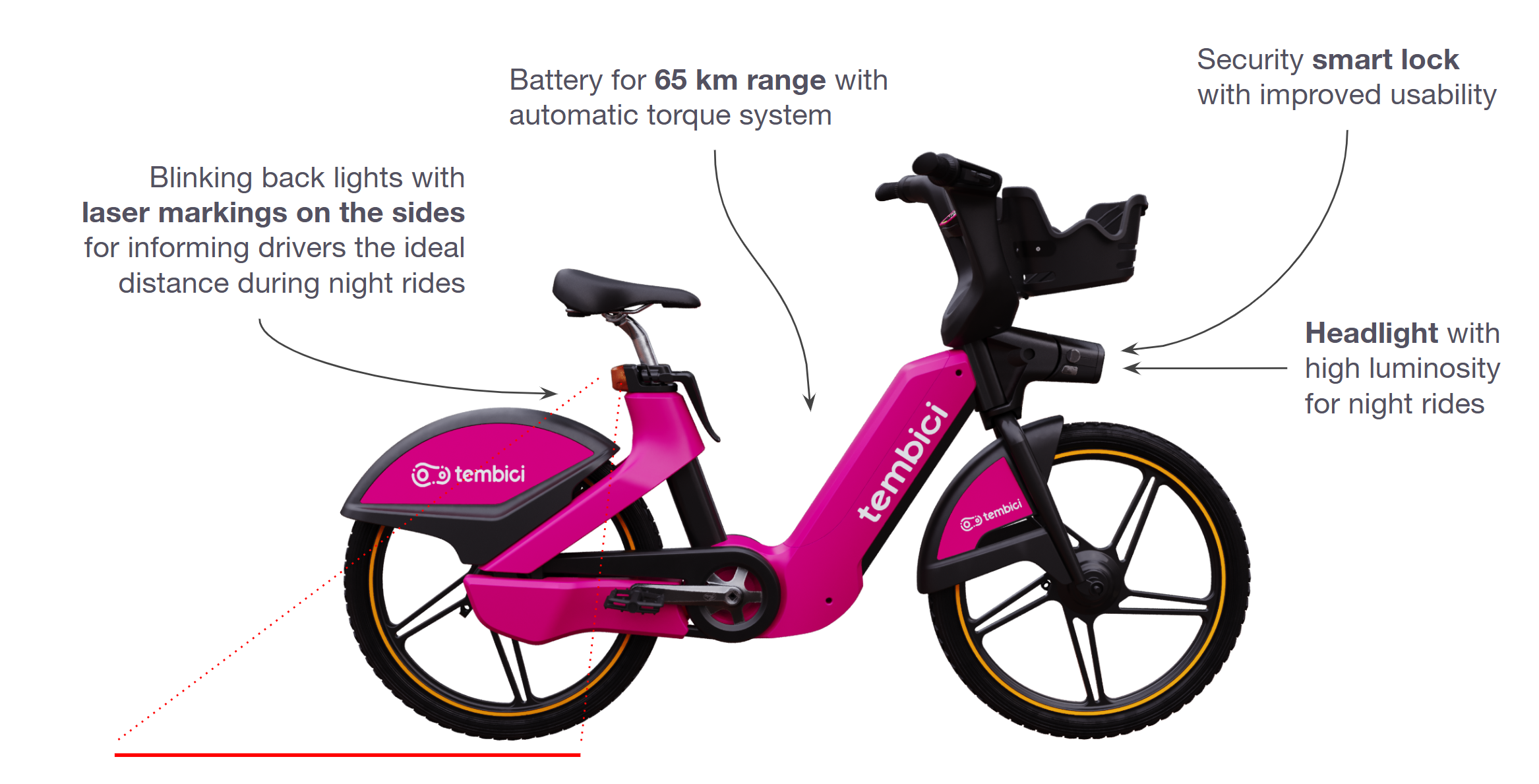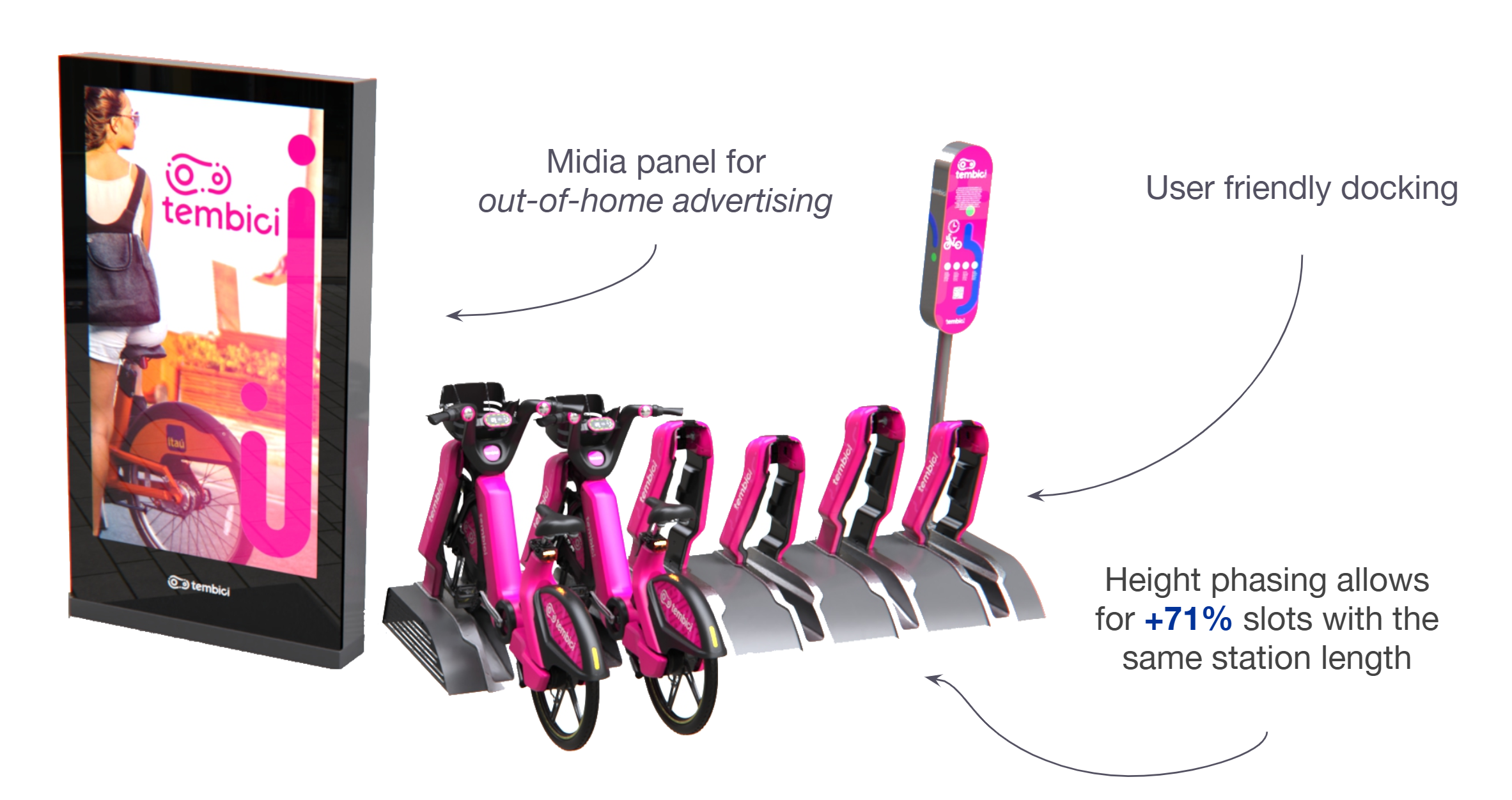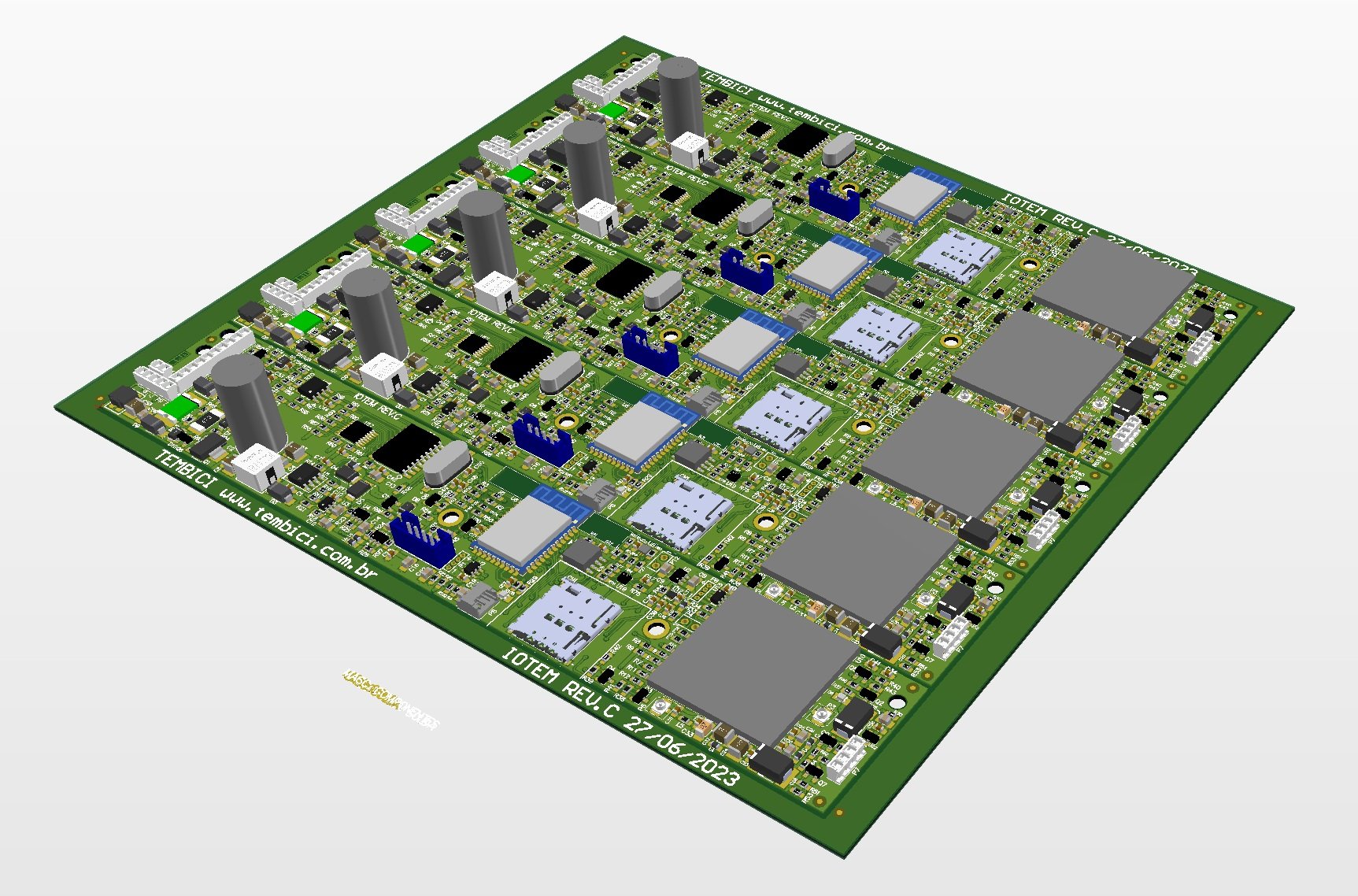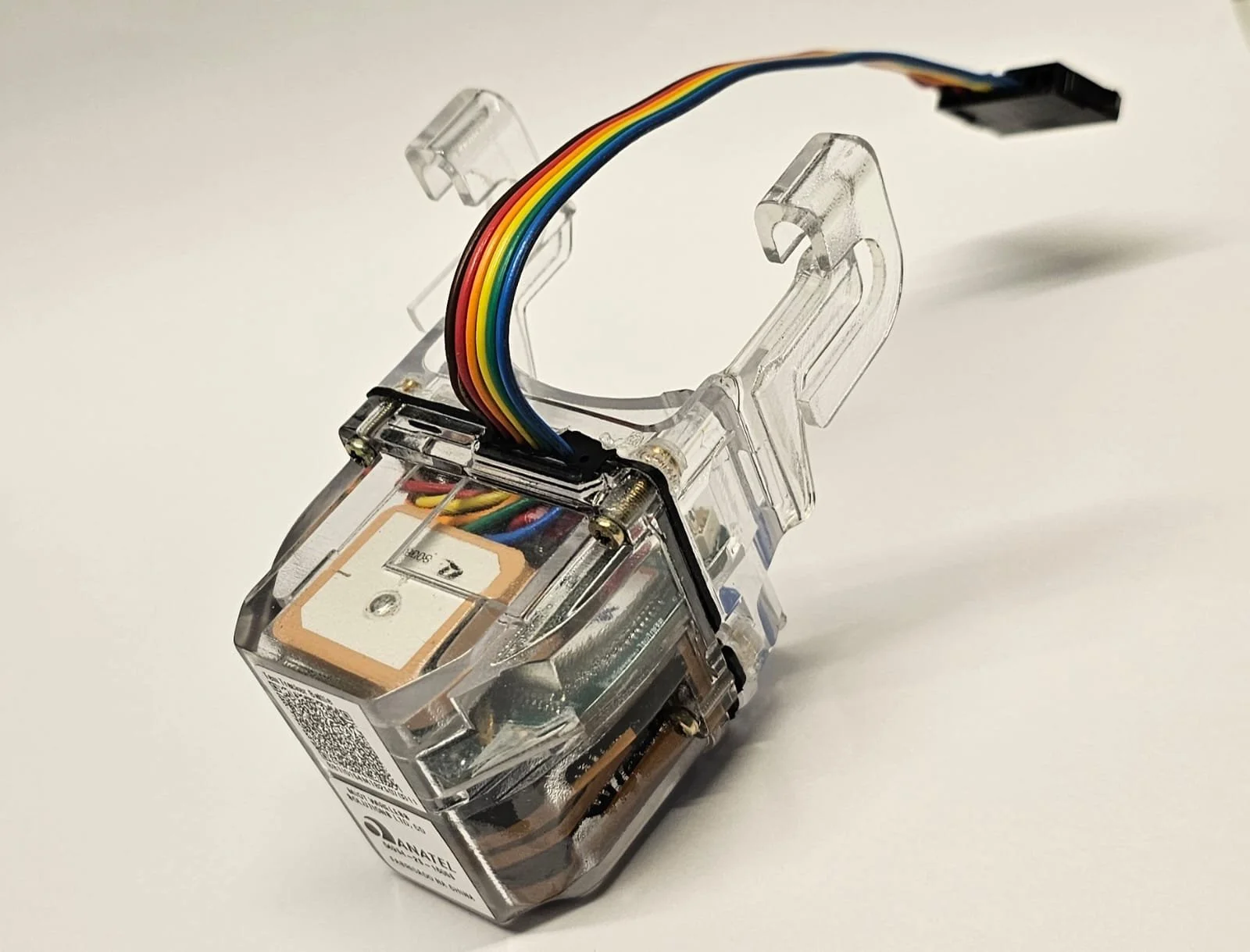From Innovation to Impact: The Acquisition of Angoera by Tembici
In April 2022, Tembici acquired Angoera Sistemas Eletrônicos with a bold and shared ambition: to build the best bike-sharing system in the world. This strategic move united Tembici’s deep market knowledge and operational excellence with Angoera’s agile innovation culture and expertise in developing cutting-edge embedded systems.
The acquisition marked a new chapter in our journey — one where all the technical know-how, creative engineering, and entrepreneurial mindset cultivated at Angoera could be applied at scale, transforming urban mobility across Latin America and beyond.
This portfolio showcases the evolution of that journey: the projects, technologies, and results that laid the foundation for a smarter, more efficient, and more sustainable bike-sharing experience.
Tembici Bike Sharing System
Tembici needed a scalable and resilient solution to operate a large fleet of shared bikes in diverse urban environments. The system had to withstand harsh weather conditions, support real-time connectivity, and provide a seamless user experience — while being energy efficient and easy to maintain.
The project had a strict deadline of 18 months, requiring rapid prototyping, iterative validation, and fast deployment across multiple regions.
Results Achieved
30% CAPEX reduction - 50% increase in bike availability - Scalable deployment across multiple cities
Bike
The station
Key Contributions
Led and managed the hardware, embedded systems, mechanical, and product development teams, overseeing both New Product Introduction (NPI) and continuous improvement efforts.
Defined the system architecture and orchestrated the CAN communication strategy between embedded modules, including the display, IoT unit, and smart lock integrated into the bike.
Managed the development process using a hybrid of Agile and Waterfall methodologies, ensuring fast iterations within a structured product roadmap and strict deadlines.
Coordinated cross-functional teams to align firmware, hardware, and mechanical development efforts with backend and mobile integration.
Oversaw mass production, regulatory certification, and field validation across multiple countries.
Ensured the system supported OTA updates, remote diagnostics, and real-time telemetry for large-scale fleet operations.
IoT PCB Board
System Architecture & Deployment Overview
Low-Power IoT for Dock-Based Mechanical Bike Monitoring
Low-Power IoT for Dock-Based Mechanical Bike Monitoring
Designing an IoT solution for dock-based mechanical bike-sharing systems presented a key challenge: achieving long battery autonomy while meeting strict asset tracking requirements. This project tackled that challenge through an innovative power management architecture, robust connectivity, and a cost-effective design tailored for scalability.
The device supports 4G cellular communication, GNSS positioning, and operates with multiple power supply sources, ensuring reliable performance in diverse urban environments. A major innovation was the ultra-efficient energy strategy, enabling extended battery life without compromising data accuracy or availability.
My role in this project involved leading the hardware architecture, defining the core firmware requirements, and collaborating closely with suppliers to achieve the best cost-benefit balance. I was also responsible for overseeing the development of the enclosure design and sealing system, ensuring mechanical resilience and environmental protection suitable for outdoor deployments.
In addition, I was deeply involved in establishing the entire supply chain, from selecting component distributors to defining the final assembly process with a manufacturing partner based in China. This end-to-end involvement ensured alignment between design, sourcing, and production, resulting in a reliable and scalable product ready for mass deployment.







